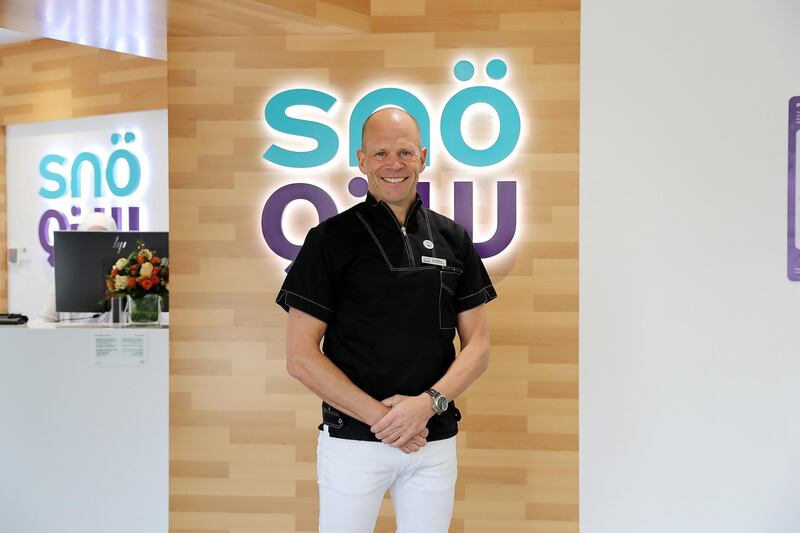The dentist, American journalist Ambrose Bierce once wrote, was a magician of sorts who, “putting metal into your mouth, pulls coin out of your pocket”.
The 19th century writer might have been unsurprised by the results of a recent mystery shopping exercise, reported in these pages, in which a group of undercover dentists exposed the pointless treatments often recommended to UAE patients for the sake of maximising profit. On one visit, a patient who required a couple of fillings was offered treatment costing more than Dh26,000.
In the UAE, where insurance companies prop up the health care market, incentivising practitioners to recommend expensive treatments, the problem is widespread. Last year government inspections of 59 dental clinics in Dubai led to seven warnings and 25 fines for flouting the rules. While the financial burden of over-treatment does not generally fall on patients themselves, unnecessary invasive treatments can do lasting damage to the teeth and gums dentists are supposed to protect.
The prospect of a trip to the dentist fills many of us with dread. Few would voluntarily exchange the control we enjoy in our daily lives for the vulnerability of the dentist’s chair.
The saving grace is the knowledge that the dentist is an expert, has your best interests at heart and will act only when necessary to deliver essential treatment. As such, most of us bestow great trust and faith in our dentists.
That is why it is so disheartening to find many seek first and foremost to maximise profits and insurance claims. It suggests that dentists view their practices as businesses and patients as clients.
Dentistry is a competitive market but exploiting the health concerns of oblivious patients to increase revenue is unacceptable. Regulators must carry out regular checks and take steps to ensure over-treatment is penalised. Patients should look for red flags and seek a second opinion before agreeing to intrusive procedures. But what is really needed is a sea change within the profession, one that puts patient care before profit.





